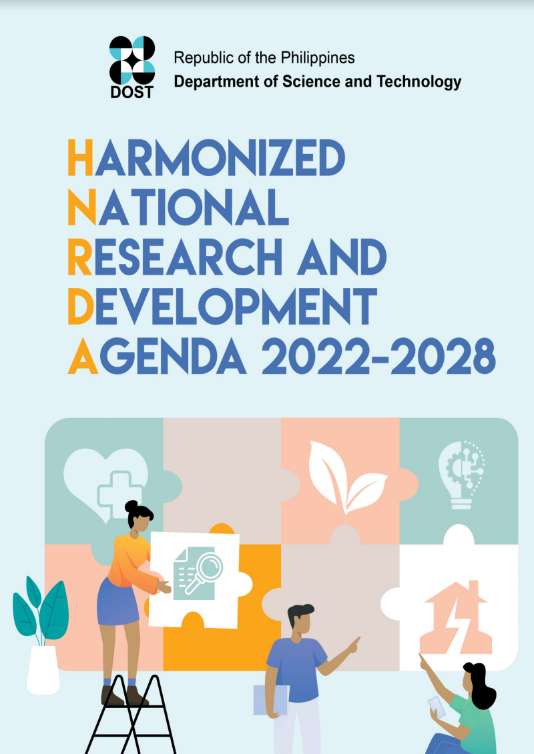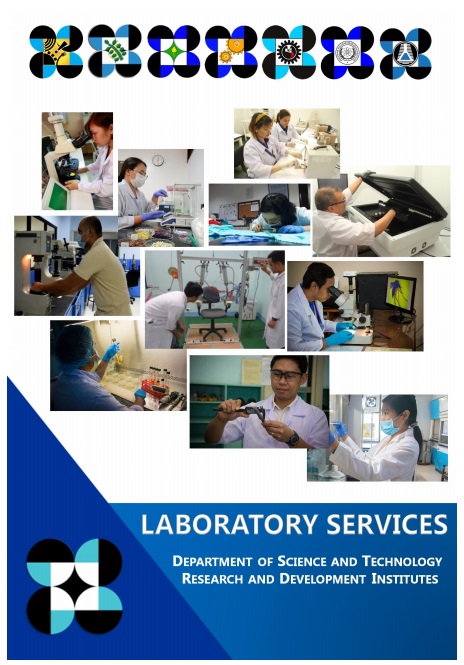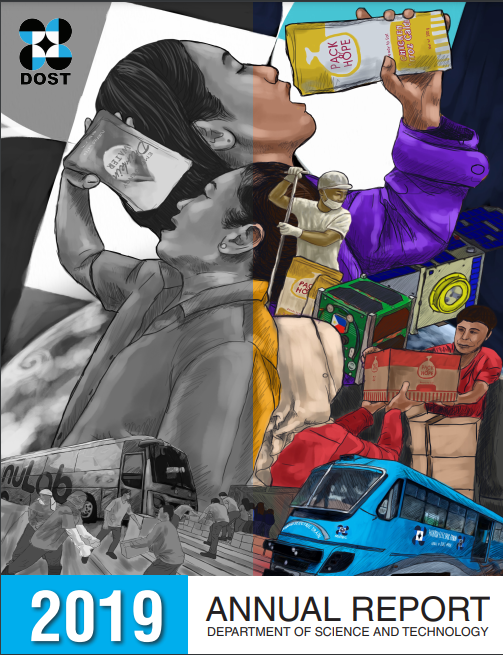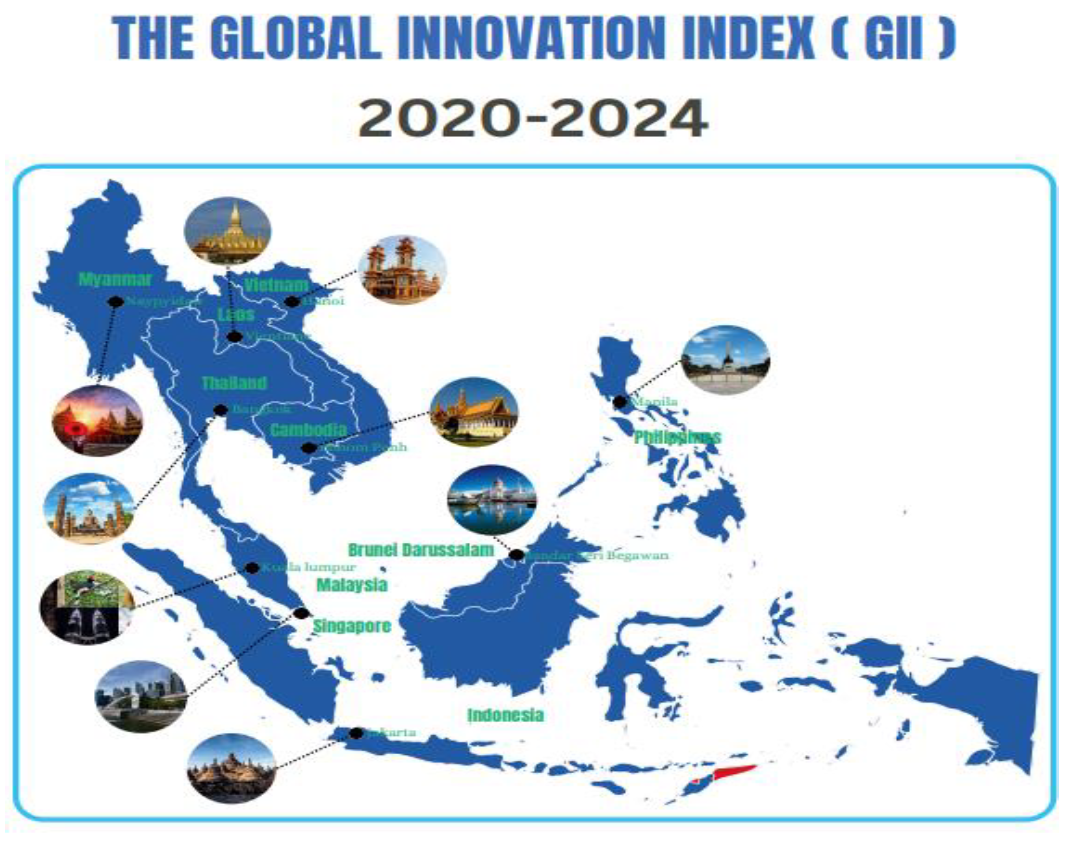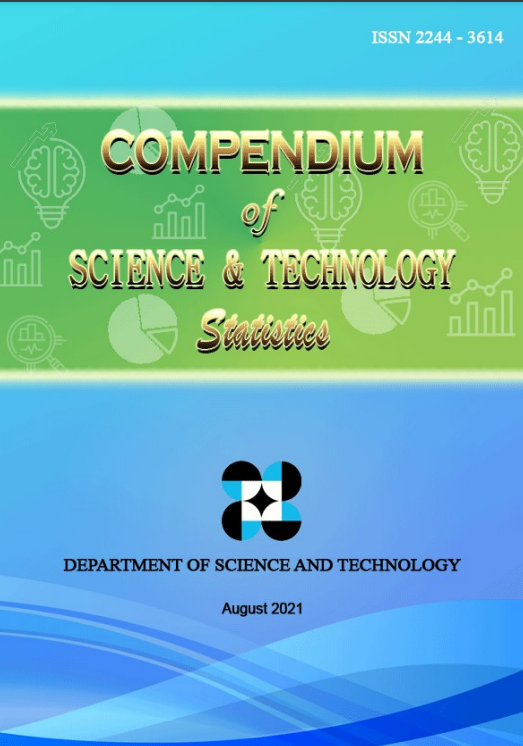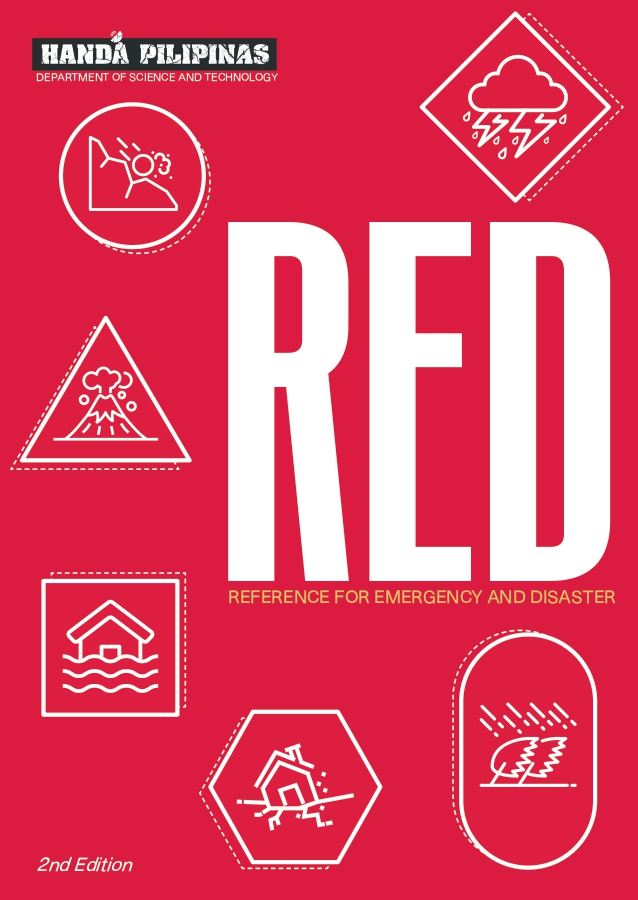Potato R&D Center: Quality potato seeds for local farmers
- Details
- Hits: 2521
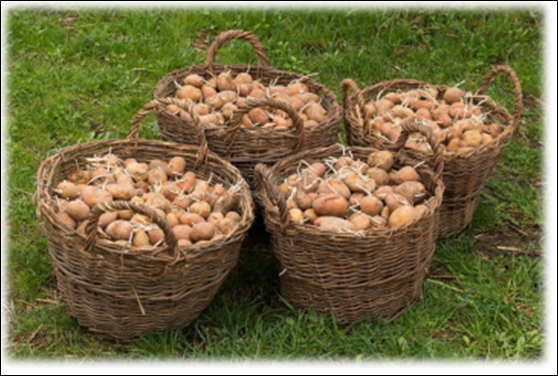 The major regional crop of the Cordillera Administrative Region or CAR is potato, where 86% of the country’s potato production comes from the region with more than 5,819 hectares planted to this crop (data from PSA 2018). Photo Courtesy of DOST-CAR
The major regional crop of the Cordillera Administrative Region or CAR is potato, where 86% of the country’s potato production comes from the region with more than 5,819 hectares planted to this crop (data from PSA 2018). Photo Courtesy of DOST-CAR
The Potato R&D Center is one of the three research and development (R&D) centers established under the Niche Centers in the Regions for Research and Development (NICER) Program of the Department of Science and Technology’s (DOST) Science for Change Program. According to DOST-CAR, the said facility is the first center created to provide quality potato seeds farmers in the country. The center was launched last October 2019.
Read more: Potato R&D Center: Quality potato seeds for local farmers
DOST salutes SETUP PRAISE Awardees in the 2021 National Science and Technology Week celebration
- Details
- Hits: 1291
 True to its mandate, the Department of Science and Technology (DOST) hails the outstanding micro, small, and medium enterprises (MSMEs) that were assisted under the Small Enterprise Technology Upgrading Program (SETUP), one of the flagship programs of the department that empowers MSMEs to level up.
True to its mandate, the Department of Science and Technology (DOST) hails the outstanding micro, small, and medium enterprises (MSMEs) that were assisted under the Small Enterprise Technology Upgrading Program (SETUP), one of the flagship programs of the department that empowers MSMEs to level up.
For 2021 alone, 507 micro, small and medium-sized enterprises (MSMEs) were provided assistance and some 3,000 workers were provided employment, thus contributing to the upliftment of said local enterprises, especially during this time of the pandemic, DOST Undersecretary for Regional Operations Engr. Sancho A. Mabborang confirmed in an interview.
‘Soilless Vegetable Gardening’: Another means of crop battlefield
- Details
- Hits: 3319
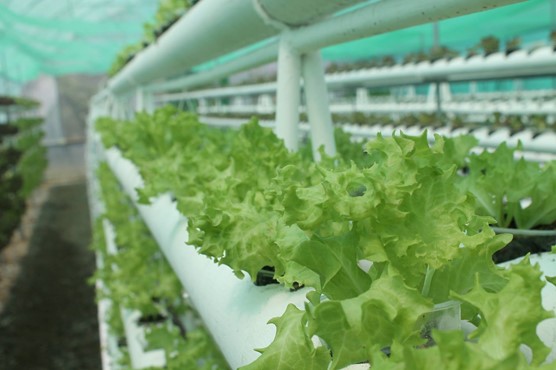 Photo Courtesy: CLSU Hydroponics Aquaponics FB Page
Photo Courtesy: CLSU Hydroponics Aquaponics FB Page
Infected with a complex strain of technological and economic crisis, the Philippine vegetable industry has been referred to in an almost ‘comatose’ condition for so many years, and it threatens the country’s food security.
Some experts say that the present system of local agriculture is no longer suitable, especially in the vegetable industry, wherein, there’s the fast-growing population, increasing hunger demand, rapid development of rural areas to become urban jungles, global warming, and climate change.
Read more: ‘Soilless Vegetable Gardening’: Another means of crop battlefield
Field-Test Kits for detection of methanol contamination in lambanog now on its development phase
- Details
- Hits: 5959
Proper fermentation in the production of coconut wine, known locally as lambanog, is important to prevent poisoning, and the local experts reiterate the warnings to distillers over the drink’s high methanol content.
Last December 2019, 300 individuals were reportedly hospitalized in the provinces of Laguna and Quezon, with signs of poisoning, after drinking lambanog with high levels of methanol.
‘Lambanog poisoning is caused by residual methanol, which in high levels becomes highly toxic for humans. Methanol is naturally occurring substance present during the distilling process, that should be separated and removed thereafter’, DOH said in a statement released in the last quarter of 2019.













